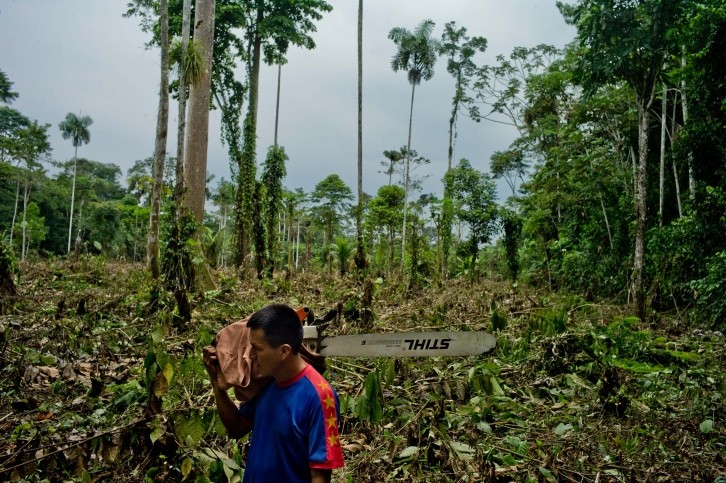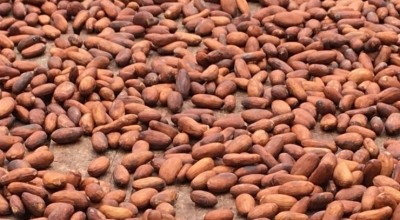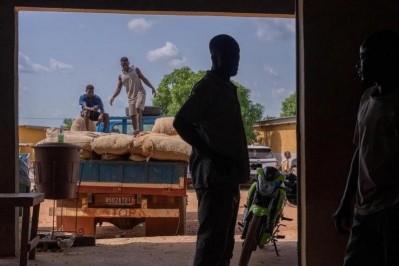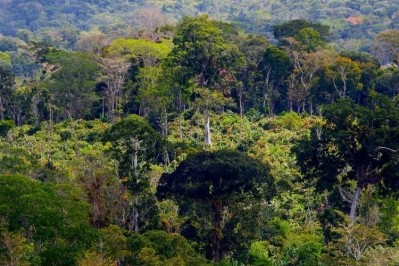Regulation
Brussels, do we have a problem with the EUDR?

This publication has sent a list of questions to the European Commission spokesperson’s service for clarity regarding the EUDR’s impact on the cocoa sector. However, these queries have remained unanswered, raising concerns about the transparency of the process.
EUDR breakdown
- Operators dealing with cocoa and other commodities such as coffee, cattle, oil, palm, rubber, soy, and wood must provide sufficient evidence of non-deforestation in the crops where their products are sourced from as far back as December 31st, 2020.
- Products that do not meet the new due diligence requirements are prohibited from commercialization in the EU market after 30 December 2024.
ConfectioneryNews also reported EU Commission Policy Officer Zoe Druilhe’s comments at Amsterdam Cocoa Week in February that there was no ‘plan b’ despite the most significant unknown being the impact of the new rules on farmers. She reassured the cocoa sector that ‘Team Europe’ would be issuing further guidance, which has not yet been forthcoming.
So what is going on?
In an exclusive, Palm Oil Monitor has reported that Sabine Weyand, the European Commission’s Director General for Trade, bluntly questioned the bloc’s handling of the EUDR with its trading partners.
It revealed that at an event at the Institute for International and European Affairs, she acknowledged that the EUDR—and its approach to trade and sustainability—had created significant problems for its standing in the world.
“We should learn some lessons from the opposition we are currently facing with respect to the deforestation regulation … we have to recognize that the means are extremely burdensome and difficult to meet for developing countries and notably for small and medium-sized businesses and smallholders in these countries.”
Palm Oil Monitor said the comments come from a leaked internal EU briefing from the Commission’s Director General for International Partnerships, which also took a swing at the EU’s approach to trade and environment and its impact on trading partners.
The document says the EU should: “Thoroughly assess the impact of EU environmental regulations on our partners and mitigate negative externalities. Going forward, it will be key to impact-assess environmental regulations before these are agreed upon in a holistic manner, better considering their cumulative impacts, particularly on partner countries. The 46 Least Developed Countries are, for instance, important partners for the EU when it comes to our geopolitical positioning.”
‘Colonial-era policies’
Writing in the Financial Times, Alan Beattie was highly critical of the Brussels approach, comparing it to ‘colonial-era policies.’
“Indonesian accusations of oppression by Europeans are being aired again, this time over Brussels’ demands that palm oil producers prove that their exports to the EU do not cause deforestation,” he wrote.
“Indonesia won its independence from the Netherlands (which, like the rest of Western Europe, razed most of its forests centuries ago in the process of getting rich) in a bloody war in the 1940s. But the country’s palm oil growers are still being forced to follow rules dictated in Europe. Large-scale foreign-owned producers such as Socfin will almost certainly find it easier to comply than will Indonesian smallholders.”
Weyand also acknowledged that the EU’s approach on sustainability in trade agreements is effectively halting progress on the Indonesia-EU FTA (Free Trade Agreement).
According to Palm Oil Monitor, the reason is The EU’s sanctions-based approach in FTAs, where the EU adds an additional compliance burden for partners based on sustainability.
John Clarke, the former Director of International Relations at the European Commission, also contributed to the debate with a recent opinion piece in Euronews.
“The EU must moderate the sustainability aspect of its FTAs agenda and engage with partners on climate and environmental challenges — of which farmers are the first victims.”
Palm Oil Monitor said: “There’s much at stake for Brussels now, and the divisions within the EU Commission appear to be getting wider on the EUDR as the election approaches.”









